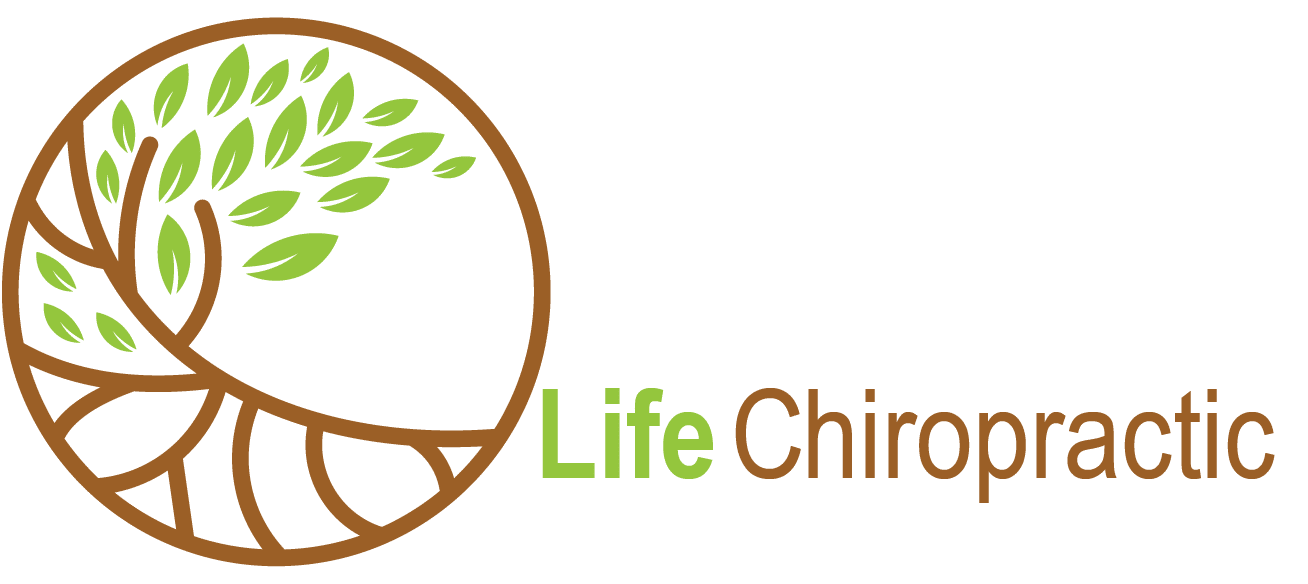STRESS IS THE CAUSE…CORTISOL THE EFFECT
In today’s fast-paced and demanding world, it’s no surprise that stress has become a common part of our daily lives. Whether it’s work, relationships, or financial pressures, stress has a significant impact on our overall health and well-being. One of the key players in the stress response is cortisol, a hormone produced by the adrenal glands. Understanding the role of cortisol in our health and finding effective ways to balance its levels is crucial for maintaining optimal wellness. This is where chiropractic care and the polyvagal theory come into play.
THE STRESS HORMONE
Cortisol, often referred to as the “stress hormone,” is essential for our survival. It helps regulate many bodily functions, including blood pressure, metabolism, and the immune response. In acute stress situations, cortisol is released to prepare our bodies for the “fight or flight” response. However, chronic stress can lead to an overproduction of cortisol, which can have detrimental effects on our health.
Elevated cortisol levels have been linked to various health issues, such as weight gain, high blood pressure, compromised immune function, and increased risk of chronic diseases like diabetes and heart disease. Additionally, prolonged exposure to high cortisol levels can contribute to mental health problems like anxiety and depression.
SYMPATHETIC NERVOUS SYSTEM
One of the ways chronic stress affects cortisol production is through the sympathetic nervous system (SNS), also known as the “fight or flight” response. When we experience stress, the SNS is activated, leading to increased heart rate, blood pressure, and cortisol release. While this response is crucial in emergency situations, it becomes problematic when it’s constantly activated due to chronic stress.
CORRECTIVE CHIROPRACTIC HELPS BALANCE THE ANS
Chiropractic care, particularly corrective chiropractic techniques, plays a vital role in balancing the autonomic nervous system (ANS), which consists of the sympathetic and parasympathetic branches. By addressing spinal misalignments, chiropractors are able to reduce sympathetic overactivity and increase vagal tone – the activity of the parasympathetic branch of the ANS. This is crucial in managing stress and cortisol levels since the parasympathetic branch is responsible for the body’s “rest and digest” response, helping us relax and recover.
MERGING POLYVAGAL THEORY AND CHIROPRACTIC
Polyvagal theory, developed by Dr. Stephen Porges, provides further insights into the connection between the autonomic nervous system and stress. According to this theory, the vagus nerve, the longest cranial nerve in our body, plays a significant role in regulating our body’s stress response. By activating the vagus nerve through specific practices, we can enhance our body’s ability to respond to stress in a more balanced way.
In addition to chiropractic care, there are several key practices that can help balance cortisol levels and improve overall well-being. First and foremost, getting quality sleep is crucial. Sleep deprivation has been shown to increase cortisol levels and exacerbate the negative health effects of stress. Establishing a regular sleep schedule and creating a sleep-friendly environment can go a long way in promoting restful sleep.
Exercise is another powerful tool in managing stress and cortisol levels. Engaging in regular physical activity not only helps reduce cortisol levels but also releases endorphins, the body’s natural “feel-good” chemicals. Whether it’s walking, jogging, yoga, or any other form of exercise you enjoy, finding ways to incorporate movement into your daily routine can have a profound impact on your stress levels.
Finally, incorporating vagus nerve activating practices into your daily life can significantly improve your body’s response to stress. Deep breathing exercises, meditation, yoga, and social connection are all effective ways to activate the vagus nerve and promote a sense of calm and relaxation.
In conclusion, understanding the role of cortisol in our health and finding ways to balance its levels is essential in managing stress and promoting overall well-being. Corrective chiropractic care, along with the principles of the polyvagal theory, provides a holistic approach to addressing the root causes of cortisol imbalances. By reducing sympathetic overactivity and increasing vagal tone, chiropractic care helps restore balance to the autonomic nervous system and supports the body’s ability to cope with stress. Incorporating practices like quality sleep, regular exercise, and vagus nerve activation further enhance the body’s stress response, leading to improved health and vitality. So take charge of your health today and explore the benefits of chiropractic care and polyvagal practices for a healthier, more balanced life.
References:
- Torres SJ, Nowson CA. Relationship between stress, eating behavior, and obesity. Nutrition. 2007; 23(11-12): 887-894.
- Chrousos GP. Stress and disorders of the stress system. Nat Rev Endocrinol. 2009; 5(7): 374-381.
- McEwen BS. Protective and damaging effects of stress mediators. N Engl J Med. 1998; 338(3): 171-179.
- Esch T, Stefano GB, Fricchione GL, Benson H. The role of stress in neurodegenerative diseases and mental disorders. Neuroendocrinol Lett. 2002; 23(3): 199-208.
- Porges SW. The polyvagal perspective. Biol Psychol. 2007; 74(2): 116-143.
About Dr. Berkowitz
Bringing more than 3 decades of practice experience, Dr. Bill Berkowitz focuses on balancing and corrective care, applying his expertise to provide patients with predictable, repeatable and measurable results.
Dr. Bill consistently strives to enhance the well-being of his patients by addressing the root imbalances of their problems and promoting optimal balance, alignment, and function of the spine and nervous system.
Bill’s wealth of knowledge and experience has allowed him to develop a nuanced understanding of the human body and its intricate connections. With each adjustment, he supports the body in returning to a state of balance that goes beyond mere symptom relief, focusing instead on long-term correction for his patients’ well-being.
Schedule your first visit here: Schedule Here
